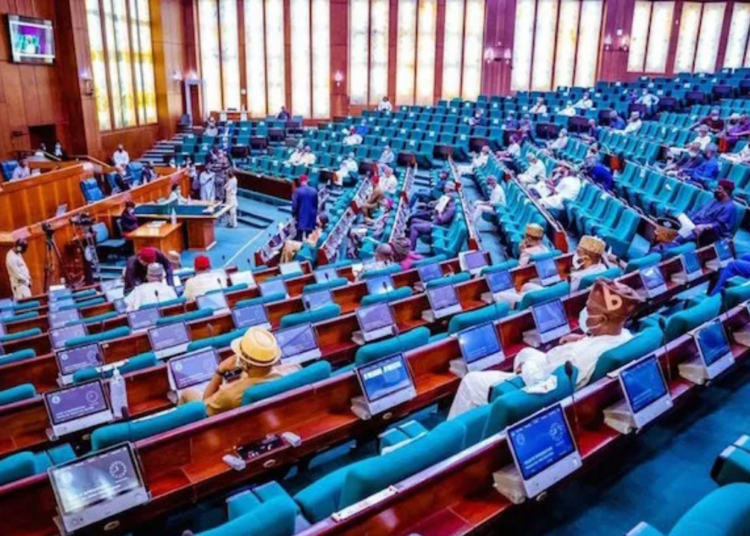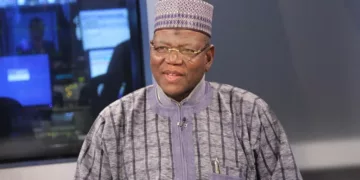The 10th House of Representatives’ legislative agenda is hinged on six key pillars of economic empowerment and diversification; infrastructure development; education and human capital development; healthcare; transparency and accountability, as well as security and safety of Nigerians.
The House leader and chairman, Ad-hoc Committee on Legislative Agenda, Prof. Julius Ihonvbere stated this at a stakeholders’ meeting organised by the committee in Abuja yesterday.
Ihonvbere said the House would in the next four years drive economic empowerment and diversification by incentivising investments in non-oil sectors such as agriculture, technology, and renewable energy.
He said the House will also pass legislation to modernise farming practices, improve access to credit for farmers and foster an environment that encourages start-ups, nurtures innovation hubs, and incentivises research and development.
“We are committed to developing a comprehensive infrastructure framework that will position Nigeria as a regional and global player. Our agenda will focus on three critical areas: transportation, energy, and smart cities.
“Our Legislative Agenda will prioritise education reform to ensure quality and accessible education for all Nigerians; healthcare reform to improve access, quality, and affordability of healthcare services for all Nigerians; reforms aimed at promoting transparency, tackling corruption.
“We will work with them and with Mr. President to provide all that they require to secure lives and property. No stone will be left unturned in designing and implementing new strategies, in collaboration with communities, stakeholders, and civil society to completely alter the security architecture of the country,” he added.
In his remarks, Speaker of the House, Rt. Hon. Tajudeen Abbas said the Legislative Agenda of the 10th House currently being worked out would champion causes toward addressing the yearnings of Nigerians.
Abbas said the House was ready to welcome citizens’ participation in the efforts towards addressing the challenges facing the country.
He said: “Our desire is to have a legislative agenda that meets the yearnings and aspirations of citizens and with which they would use as a benchmark to evaluate and assess our performance after four years.
“There is no better way to show that the 10th House of Representatives is ready to respond, and urgently too, to the yearnings of those who brought us to the people’s House to do the people’s business,” he noted.
The speaker said the public engagement was maintaining the resolve of the House, as representatives of the people, to regularly consult citizens in the discharge of the mandate given to the lawmakers.
Also speaking, the executive director, Policy and Legal Advocacy Centre (PLAC), Clement Nwankwo said the six pillars outlined by the House were all encompassing, but the inputs by stakeholders would contribute to the final document of the Legislative Agenda.
He said: “Iputs that will be made by all people will in some way contribute to the final documents that the committee will issue and the House will adopt. Leader you have identified six areas. This seems to be all encompassing.
“Nigerians want to see an improved development action by the legislature and given the fact that the House of Representatives is being perceived and seen by Nigerians as the people’s parliament and the hope is that the expectations of citizens are met.”





